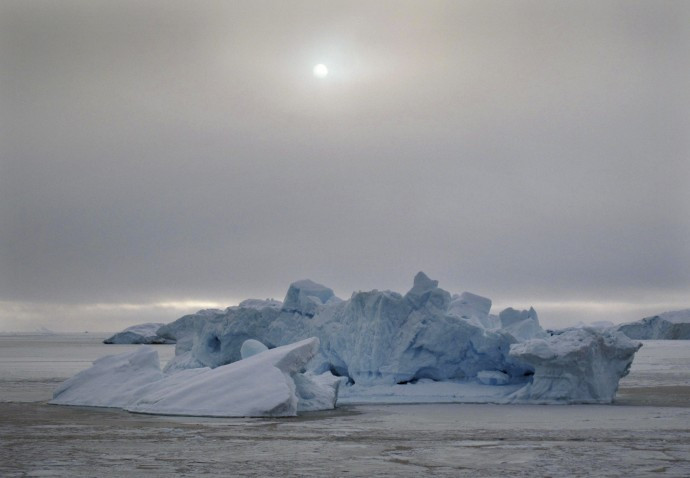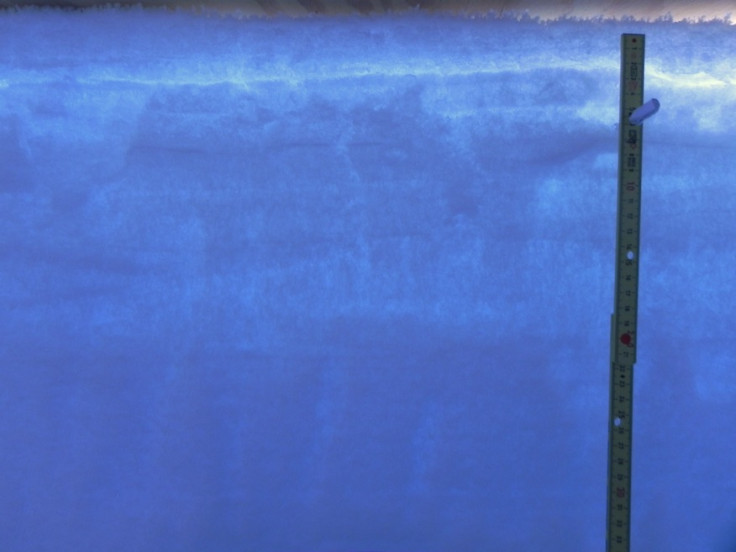Forest Fire Ash 'Drives Widespread Surface Melting of Greenland Ice'

Forest fires in the Northern Hemisphere are combining with overall global warming to cause large-scale surface melting of the Greenland ice sheet, researchers have said.
Published in the Proceedings of the National Academy of Sciences, Dartmouth scientists found that the melting was not the result of climate change alone, as conventional thinking had suggested.
However, researchers also said that continued climate change will result in widespread annual melting by the end of the century.
Rather than contributing to sea-level rise, meltwater percolates and refreezes, causing lower albedo (the term for the reflecting power of a surface), leaving the ice sheet more susceptible to future melting.
Kaitlin Keegan, lead author of the study, said: "The widespread melting of the Greenland ice sheet required the combination of both of these effects – lowered snow albedo from ash and unusually warm temperatures – to push the ice sheet over the threshold.
"With both the frequency of forest fires and warmer temperatures predicted to increase with climate change, widespread melt events are likely to happen much more frequently in the future."

Surface melting is rare in the dry snow region in the centre of the Greenland ice sheet. However, researchers found over 97% of the sheet experienced surface melt in 2012.
Analysing six of the shallow ice cores from the dry snow region, researchers found that the most recent widespread melt prior to 2012 was in 1889. Findings showed that this was caused by forest fires in the Northern Hemisphere, with black carbon sediments found at the core.
The forest fires, believed to have originated in Siberia and North America, reduced the albedo to below a critical threshold, causing large-scale melting, the authors said.
Assessing future melting, the researchers said that both Arctic temperatures and the frequency of forest fires are expected to rise, meaning melt events will take place almost annually by 2100.
This will alter the surface mass balance of the ice sheet, meaning the Greenland ice sheet will be at even greater risk of melting.
Study co-author Mary Albert concluded: "Our Earth is a system of systems. Improved understanding of the complexity of the linkages and feedbacks, as in this paper, is one challenge facing the next generation of engineers and scientists."
© Copyright IBTimes 2025. All rights reserved.






















